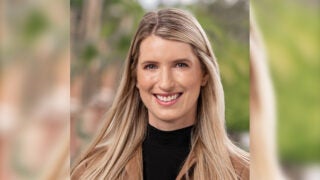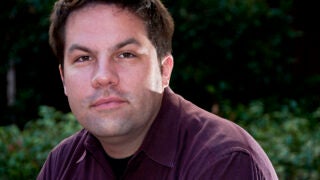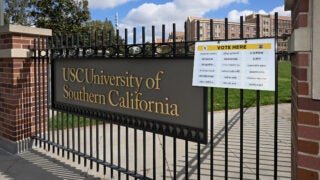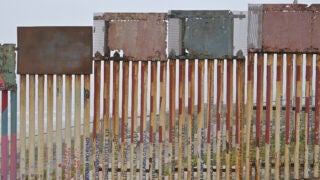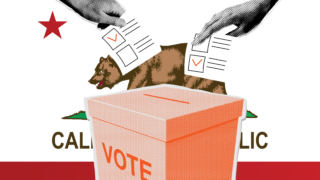USC Price experts bring together political scientists and real estate economists to examine one of California’s most persistent policy problems.
Politics
News Listing
Emily Nix’s new research analyzes whether it’s more beneficial for companies to issue political statements or remain silent.
Marlon Boarnet, director of the METRANS Transportation Consortium, explains what the measure will mean for L.A.’s streets.
Christian Grose, a seasoned USC pollster and political scientist, offers a deep dive into the world of public opinion polling.
The 2024 election looms large, and with it, the question of how much we can trust preelection polls. USC pollsters break down the art and science of public opinion polling in the aftermath of Super Tuesday.
Registered voters can drop off their completed ballots at voting centers on the University Park and Health Sciences campuses. Why does USC have these centers? The executive director of USC Dornsife’s Center for the Political Future explains.
USC experts unpack the nuanced realities driving the United States’ immigration debate.
Americans are united on core principles like the importance of public education and parental involvement, but diverge on the details, a new USC study suggests.
The survey by USC, CSULB and Cal Poly Pomona shows many likely voters remain undecided, and that Garvey’s history with the Dodgers isn’t boosting his chances.
USC experts explain why polarization erodes civility in public discourse, turning private citizens and elected officials into targets.


